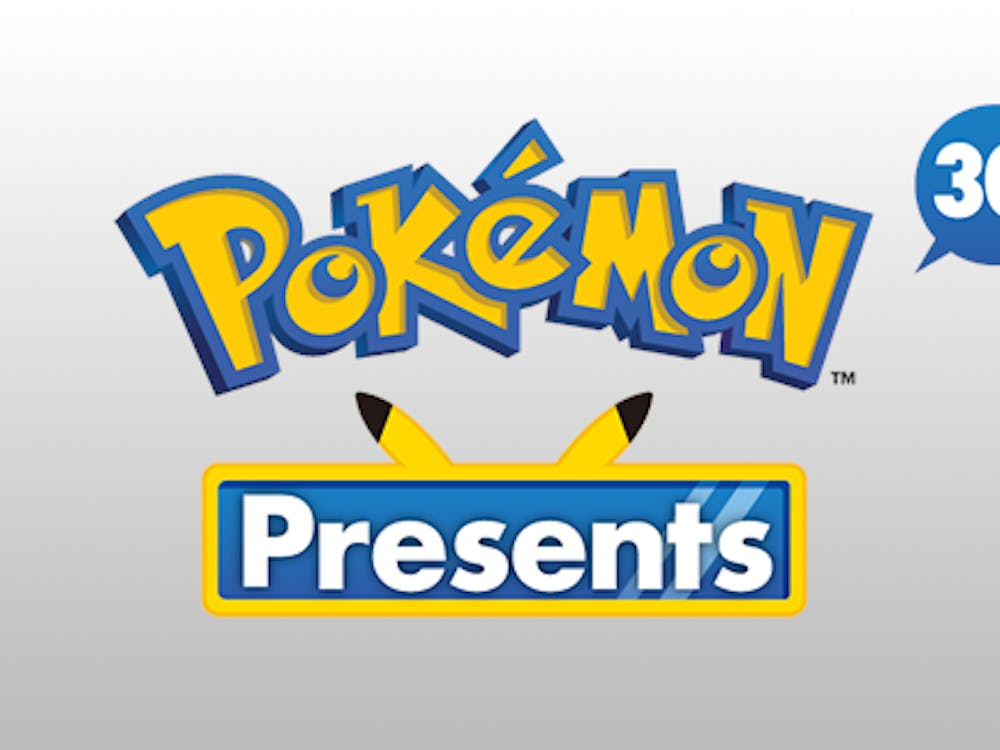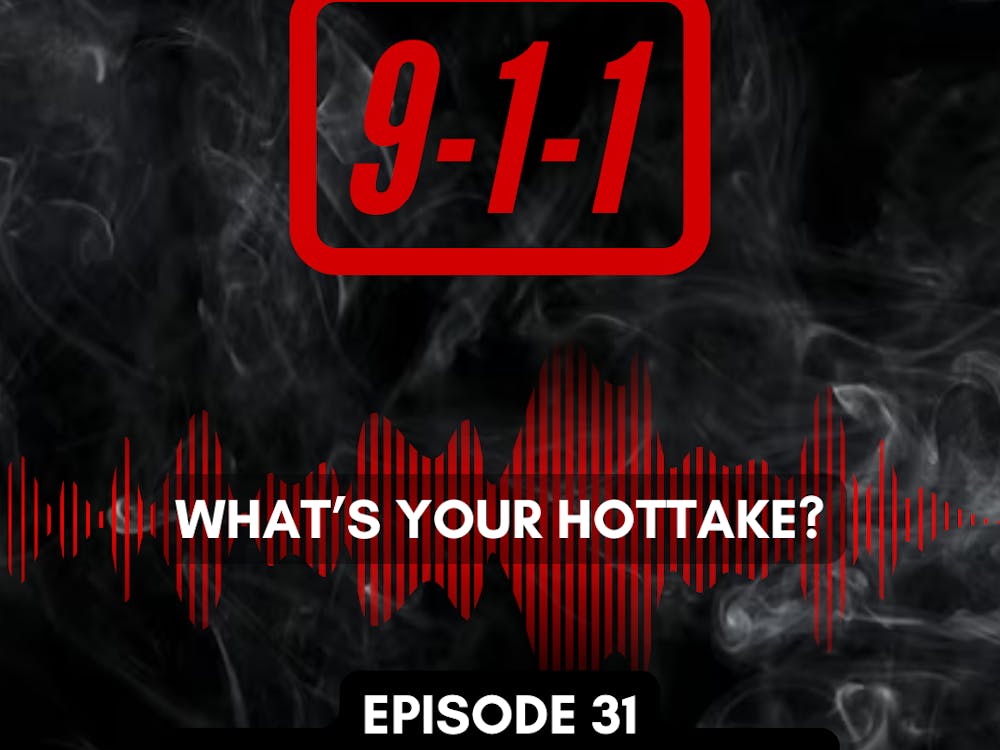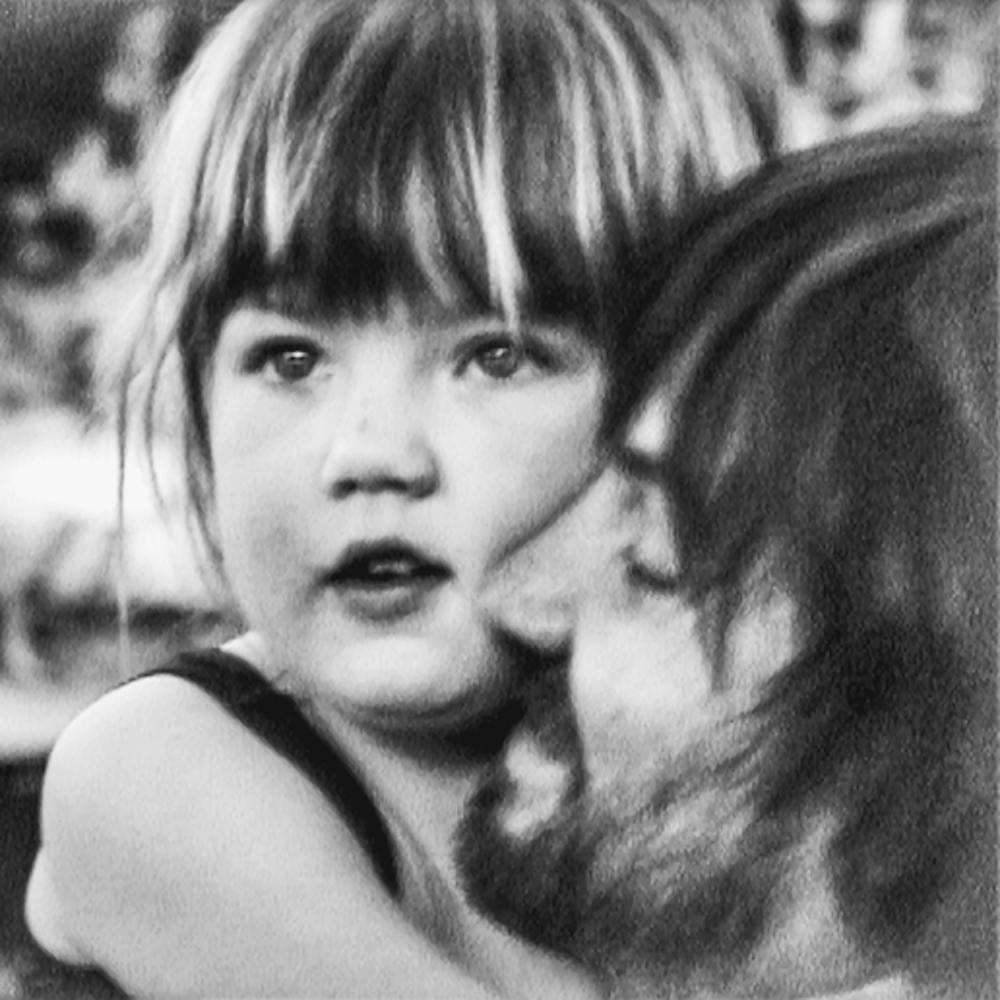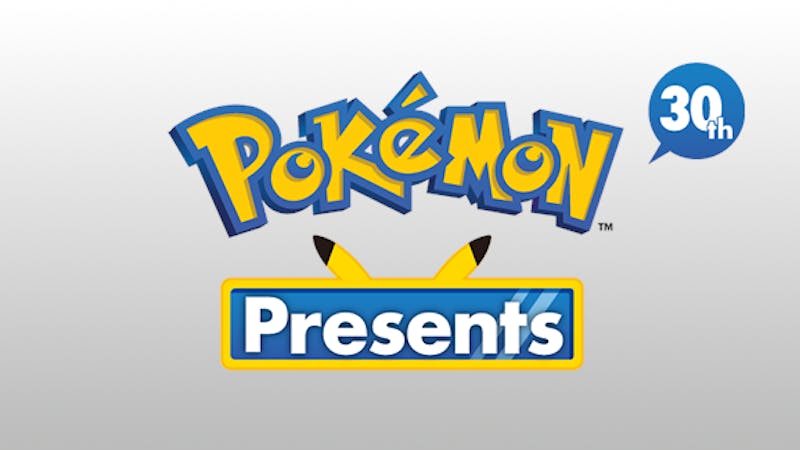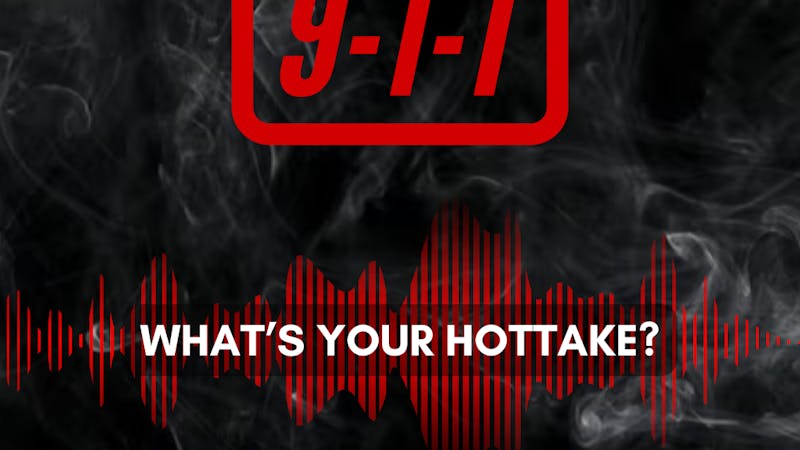The opinions and views expressed in this article are those of the author and do not reflect the opinion of Byte or Byte’s editorial board.
Tame Impala, also known as Kevin Parker, has a top-streamed list that boasts millions—and often billions—of streams. Deadbeat, his newest release, promises to be no different.
Deadbeat was preceded by the release of three singles off the record: “Loser," “End of Summer,” and "Dracula.” Although Parker has released a handful of singles and contributed to a variety of projects in recent years, his last album release was 2020’s “The Slow Rush," his most commercially successful to date.
The public was buzzing when a new project was announced after five long years. Deadbeat debuted at No. 4 on the Billboard Hot 200 and has garnered the attention of many music critics and enjoyers alike.
Parker’s Getting Personal
This album immediately felt more intimate than Tame Impala’s previous work; from the photo of Parker on the album cover (for the first time in his career) to the vulnerability of the lyrics. This was, of course, by design. In an interview with Triple J, Parker said, “I wanted it to be an album that is noticeably more exposed.” In the same interview, Parker also stated that his inspiration for this album came partially from being perceived as a deadbeat or space cadet throughout his life.
The album opens with “My Old Ways," which begins with a scratchy recording of Parker playing a jaunty piano melody and singing along, imperfectly. It almost sounds like a self-tape of a song or an amateur performance. The jarring, raw sound is somehow incredibly appealing, pulling the listener in. Parker’s vocals are noticeably untreated, a departure from his typical style. As the song progresses, the moment Parker utters the song’s title, his usual vocal treatment and production comes in and fills the empty space with sound.
Parker discusses falling back into his old ways and struggling with the inevitable guilt associated with that. “I know I, I said never again / Temptation, feels like it never ends / I'm sliding, only noticing now and then / Back into my old ways again (Ways again, ways again) / Back into my old ways again (Ways again, ways again).” The bouncy, up-and-down groove of this song really keeps me coming back to listen again and again.
Hard to Beat
Deadbeat’s third track, “Dracula,” is a clear standout. This song’s name piqued my interest immediately, but after listening, it proved to be the strongest overall performance on the album. According to Parker, “Dracula” was the first song written for this project, conceived during his solo trip to California. “Dracula” is a theatrical party-starter. The dark psychedelic-pop production harkens back to styles of old; with 80s-inspired synth, a funky bass groove, and even a cheeky dash of triangle, this track cements itself as the modern-day response to “Thriller.” A must-listen, it manages to seamlessly walk the line between darkly gritty and whimsically groovy.

Next up is “Loser,” the first song I heard from this album, along with its music video on YouTube. This track feels tongue-in-cheek with Parker lamenting that he is a loser and asking his lover if they want to tear his heart out. The beat and instrumentation almost sounds like it is stumbling, just like the drunken character depicted by Parker in the music video. This song feels like a turning point for the album, a combination of Parker’s current sound and previous work. Parker’s languid, dreamy vocals further emphasized the strung-out undertones of this track.
Dance Until Dawn
“Oblivion” offers a meditative reprieve with sweet, dreamy, repetitive lyrics and futuristic synth progression. After a moment of silence, music starts to play quietly, almost as if you are standing outside of a club. Parker curates a specific vibe in “Not My World,” looking to Australian rave music for influence here.
Soft, echoey vocals iterate melancholic lyrics over the pulsing bass backbeat, creating a drug-induced feel. This track has an extended instrumental break, conjuring up images of blurry, flashing lights, as strange sound effects echo in the background.
"Piece of Heaven" starts slowly, but eventually takes the stage with a sugary sweet melody that evokes the feeling of a glittering, coming-of-age movie. This track feels heavily influenced by dream pop, electronica, and 80s-esque motifs.
“Obsolete” continues this theme, with some utterly delicious bass guitar and glittering, accompanied by 80s keyboard and sweeping synths. Parker utilizes his own voice as a backing vocal during this song, which really adds to the retro influence. This song is so unexpectedly fun and sappy.
“Ethereal Connection” begins with thudding hi-hats that slowly expand into a pulsing bass, which continues like a heartbeat throughout the track. This song features a beautiful, ambient extended instrumental break mingled with emotional lyricism. Additionally, Parker shamelessly shows off his production chops in this song. It feels spacey and out of this world, tapping into the alleged ‘space cadet’ influence in a literal way. Almost fully instrumental, this track managed to keep my attention because it keeps building and changing. It sounds so beautiful and magical, with Parker returning to sing the fitting lyrics “Don’t believe in magic / All the harder that I try / You and I are something / That I never could describe.”
Finally, the album concludes with “End of Summer,” a sweet, rhythmic track that evokes palpable nostalgia. It is the perfect bittersweet ending to the emotional ride that Parker has taken us on.
Rave-Related References
Notably, the significant amount of EDM, club, and Australian rave influence on this album creates a satisfying juxtaposition between the thudding bass and some of Parker’s most vulnerable lyrics to date. Despite featuring more self-critical and emotional lyrics, Deadbeat remains danceable and upbeat, often lapsing into drawn-out instrumental dance breaks and atmospheric soundscapes.

Sources: Spotify, Spotify, Spotify, Spotify, Spotify, Spotify, Billboard, YouTube, Spotify, Spotify, Spotify, Spotify, Spotify, Spotify, Spotify
Contact Lex Allen with comments at lex.allen@bsu.edu

